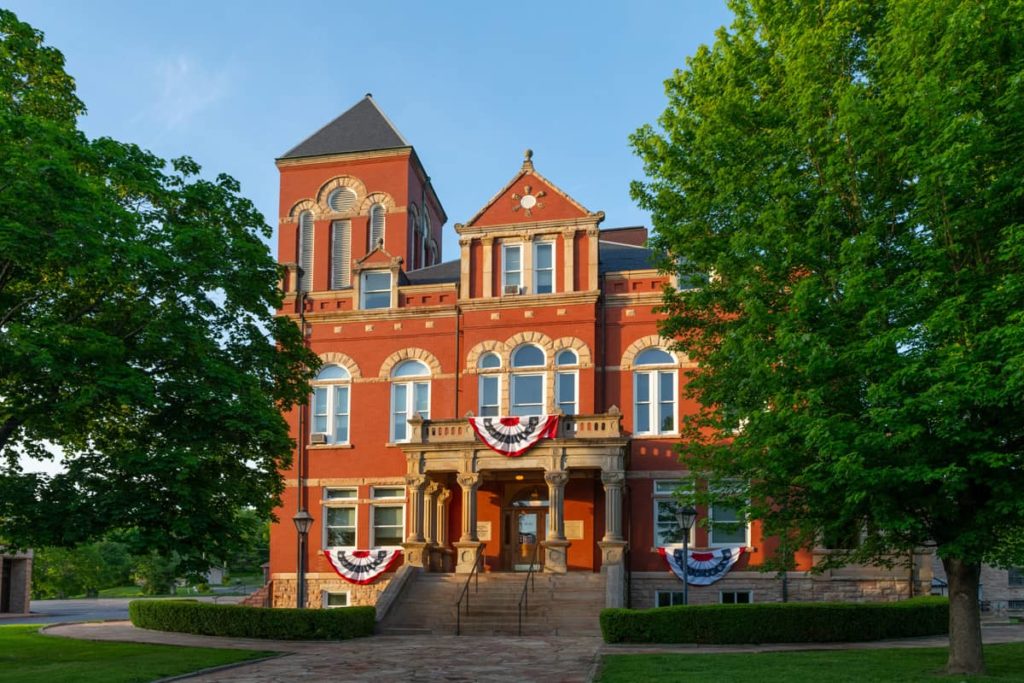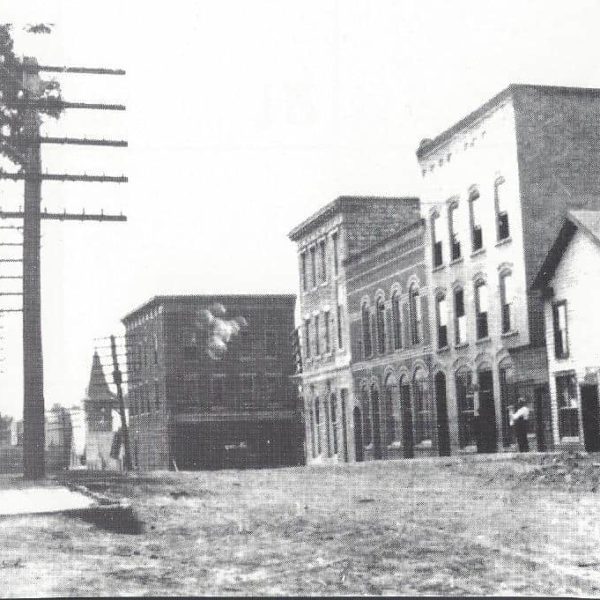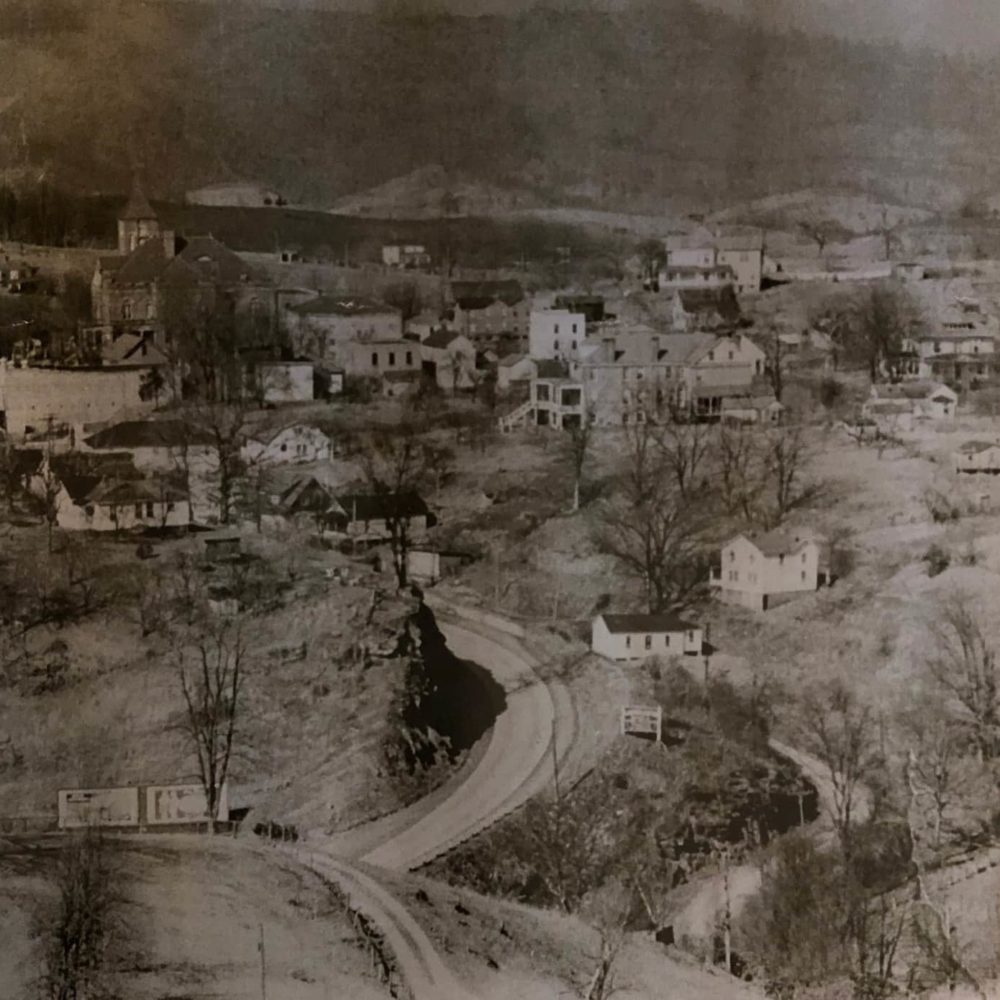Fayetteville, West Virginia: A Glimpse into History and Modernity
Related Articles: Fayetteville, West Virginia: A Glimpse into History and Modernity
Introduction
In this auspicious occasion, we are delighted to delve into the intriguing topic related to Fayetteville, West Virginia: A Glimpse into History and Modernity. Let’s weave interesting information and offer fresh perspectives to the readers.
Table of Content
Fayetteville, West Virginia: A Glimpse into History and Modernity

Fayetteville, West Virginia, nestled amidst the rolling hills and verdant landscapes of the state’s southern region, boasts a rich history interwoven with the tapestry of the coal mining industry. While its past is deeply rooted in the extraction of this valuable resource, Fayetteville has evolved into a thriving community, embracing its heritage while forging a path towards a brighter future.
This article delves into the essence of Fayetteville, West Virginia, exploring its geographical context, historical significance, and contemporary landscape. It aims to provide a comprehensive understanding of the town, shedding light on its importance and benefits.
A Geographic Overview
Fayetteville is situated in Fayette County, West Virginia, occupying a strategic position in the heart of the state’s coalfields. The town lies approximately 40 miles southeast of Charleston, the state capital, and enjoys proximity to other significant cities like Beckley and Oak Hill.
The topography of Fayetteville is characterized by the rugged beauty of the Appalachian Mountains, with the New River carving its path through the region. The town’s elevation, averaging around 2,000 feet above sea level, contributes to a temperate climate with distinct seasons.
Historical Significance: A Legacy of Coal
The story of Fayetteville is intricately linked to the history of coal mining in West Virginia. In the late 19th and early 20th centuries, the town emerged as a vital hub for the extraction and transportation of coal, attracting a diverse population of miners and their families.
Fayetteville’s growth was fueled by the presence of numerous coal mines, which played a significant role in shaping the town’s social, economic, and cultural landscape. The legacy of this era is evident in the town’s architecture, which features numerous structures built during the peak of coal production.
Modern-Day Fayetteville: Embracing Diversity
While the coal industry has undergone significant transformations in recent decades, Fayetteville has adapted to the changing economic landscape. The town has embraced diversity, attracting new industries and businesses, including tourism, healthcare, and education.
Fayetteville is home to a vibrant community with a strong sense of place. The town offers a range of amenities and attractions, including:
- Historical Sites: The Fayetteville Historic District, listed on the National Register of Historic Places, showcases a collection of well-preserved buildings representing the town’s architectural heritage.
- Outdoor Recreation: The scenic beauty of the New River and surrounding mountains provides ample opportunities for hiking, fishing, kayaking, and other outdoor activities.
- Cultural Events: Fayetteville hosts various community events throughout the year, including festivals, concerts, and art exhibitions, celebrating the town’s rich cultural tapestry.
- Educational Institutions: The town is served by a comprehensive educational system, including public schools and higher education institutions.
Economic Landscape: Diversification and Growth
Fayetteville has made strides in diversifying its economic base, moving beyond its traditional dependence on coal mining. The town is home to a mix of businesses, including:
- Manufacturing: While coal mining remains a significant industry, Fayetteville has witnessed the emergence of other manufacturing sectors, such as metal fabrication and wood processing.
- Tourism: The town’s natural beauty and historical significance attract visitors from across the region, contributing to the growth of the tourism industry.
- Healthcare: Fayetteville is home to a thriving healthcare sector, with several hospitals and clinics providing essential services to the community.
Challenges and Opportunities
Like many small towns across the United States, Fayetteville faces challenges related to economic development, population decline, and infrastructure needs. However, the town is actively working to address these challenges and capitalize on opportunities for future growth.
Fayetteville’s strategic location, its diverse population, and its commitment to community development provide a solid foundation for a brighter future. The town is actively seeking to attract new businesses, create jobs, and enhance the quality of life for its residents.
FAQs
1. What is the population of Fayetteville, West Virginia?
The population of Fayetteville as per the 2020 census was 1,414.
2. What are the major industries in Fayetteville?
The major industries in Fayetteville include coal mining, manufacturing, tourism, and healthcare.
3. What are some of the historical landmarks in Fayetteville?
Fayetteville is home to several historical landmarks, including the Fayetteville Historic District, the New River Gorge National River, and the Thurmond Historic District.
4. What are some of the outdoor recreation opportunities in Fayetteville?
Fayetteville offers numerous outdoor recreation opportunities, including hiking, fishing, kayaking, and whitewater rafting on the New River.
5. What are some of the cultural events held in Fayetteville?
Fayetteville hosts various cultural events throughout the year, including the Fayetteville Heritage Festival, the New River Gorge Festival, and the Fayette County Fair.
Tips for Visiting Fayetteville
- Plan Your Trip: Fayetteville is a great destination for a weekend getaway or a longer vacation. It is recommended to plan your trip in advance, especially if you are interested in visiting specific attractions or participating in specific activities.
- Explore the Historic District: The Fayetteville Historic District is a must-see for visitors interested in the town’s rich history and architecture. Take a stroll through the district and admire the well-preserved buildings.
- Enjoy the Outdoors: Fayetteville is surrounded by stunning natural beauty. Take advantage of the opportunity to hike, fish, kayak, or whitewater raft in the New River Gorge National River.
- Experience Local Culture: Attend one of the many cultural events held in Fayetteville, such as festivals, concerts, and art exhibitions. This is a great way to immerse yourself in the town’s unique culture.
- Sample Local Cuisine: Fayetteville is home to a variety of restaurants serving delicious local cuisine. Be sure to try some of the town’s specialties, such as West Virginia-style barbecue and Appalachian dishes.
Conclusion
Fayetteville, West Virginia, is a town with a rich history, a vibrant present, and a promising future. Despite its challenges, Fayetteville has demonstrated resilience and a commitment to progress. The town’s diverse population, its natural beauty, and its strong sense of community provide a solid foundation for continued growth and prosperity. As Fayetteville continues to evolve and adapt to the changing world, it remains a testament to the enduring spirit of the Appalachian region.








Closure
Thus, we hope this article has provided valuable insights into Fayetteville, West Virginia: A Glimpse into History and Modernity. We thank you for taking the time to read this article. See you in our next article!